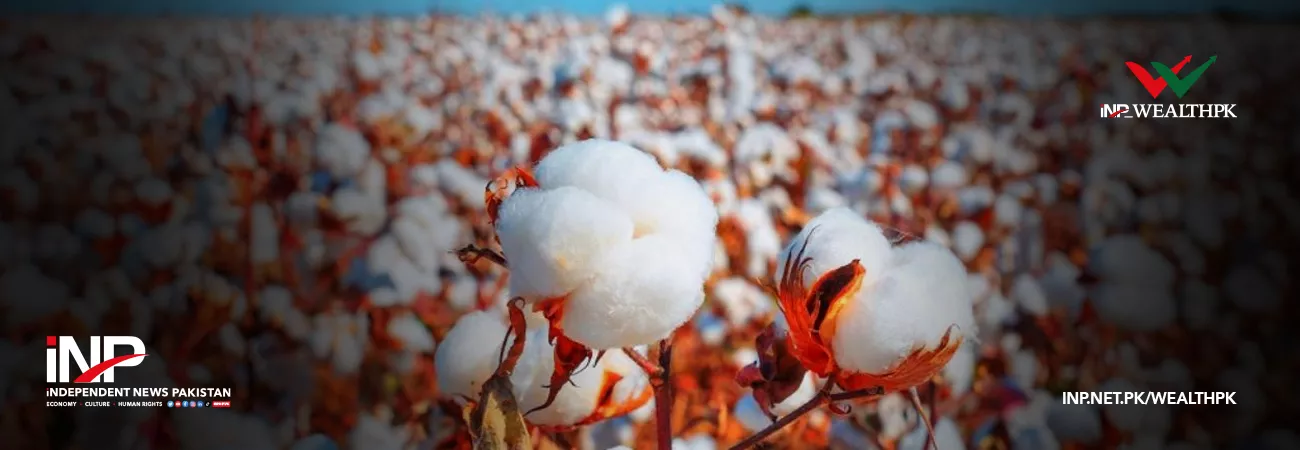INP-WealthPk
Arooj Zulfiqar
Pakistan is facing a water shortage of 37% this Kharif season, which could hurt cash crops like cotton. There has been a shift in water availability trends over the past five years because of climate change. Glaciers start melting late, delaying the availability of water in the rivers and affecting Kharif crops.“Pakistan is among the countries most vulnerable to climate change, which is adversely affecting many cash crops in the country, including cotton,” said an expert from Arid Agriculture University.
He said cotton is the cash crop in Pakistan as it contributes significantly to Pakistan’s economy, but it is facing a major challenge due to the shortage of water. He said the country is heavily dependent on irrigation water for its cotton crop, and the lack of it is likely to have a significant impact on the production of cotton in the coming season. Cotton is the crop of the Kharif season, which starts in April and continues till September.
“The shortage of water is a serious threat to cotton production, which is a water-intensive crop. If we don’t have enough water for irrigation, the cotton crop will suffer, and we may not be able to meet the production targets,” the expert said. “The situation is particularly critical in the Sindh and Punjab provinces, which are the main cotton-producing regions in the country. These areas are facing a severe water crisis due to a number of factors, including climate change, over-extraction of groundwater, and inefficient irrigation practices,” he said.
In this regard, the Indus River System Authority (IRSA) held a meeting last month to discuss the water situation. During the meeting, it was noted that Punjab and Sindh would face a 27% water shortage in the early Kharif season and 10% in the late season. The water shortage is a cause for concern as it could lead to a decline in crop production and negatively impacts the economy of the country. The situation highlights the importance of managing water resources efficiently and effectively to avoid such shortages in the future. If the government does not take immediate action to address the issue, the situation could worsen.
Credit: Independent News Pakistan-WealthPk













